Imagine cruising down the highway when suddenly, a massive self-driving 18-wheeler pulls up beside you. No human in the driver’s seat, just sensors and computers guiding this 40-ton behemoth down the road. A bit unsettling, right?
You’re not alone in feeling that way. Surveys show that 65% of people would feel unsafe sharing the road with an autonomous freight truck. And can you blame them? The idea of a vehicle that large operating without a human in control at high speeds is understandably concerning for most.
GET SECURITY ALERTS, EXPERT TIPS – SIGN UP FOR KURT’S NEWSLETTER – THE CYBERGUY REPORT HERE
Driverless 18-wheeler trucks hitting the road soon
But that’s exactly what could be headed to a highway near you as soon as this summer. Volvo and self-driving tech company Aurora have teamed up to create the Volvo VNL autonomous truck. This big rig is packed with autonomous driving smarts and redundant safety systems.
While it may seem jarring at first, their “self-driving truck” will actually have a human safety operator on board, at least initially. This person can take over if the autonomous systems encounter any issues. Volvo plans to start hauling freight loads with their autonomous trucks over the next few months as they prep for broader commercial operations. And Volvo has already kicked off manufacturing a launch fleet of autonomous trucks at their Virginia plant.
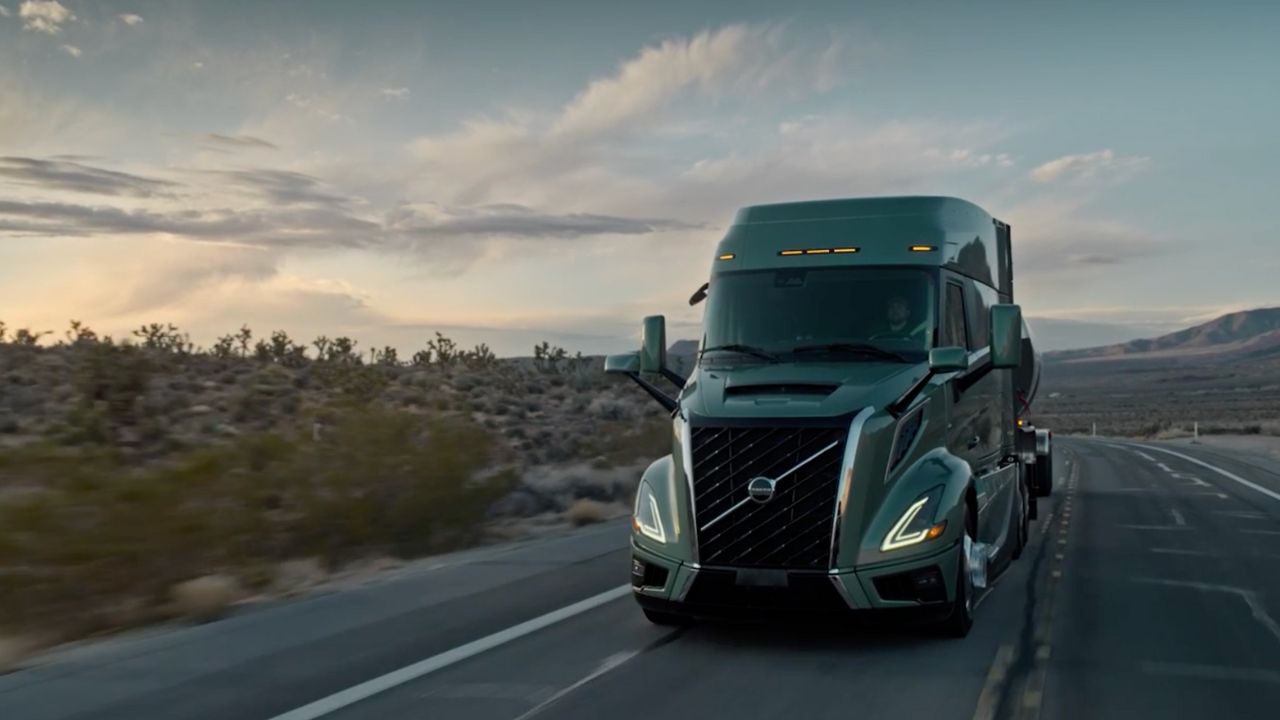
Credit: Volvo
TESLA’S ELECTRIC SEMI-TRUCK TAKES ON A DIESEL BIG RIG
Safety is at the core of the Volvo VNL autonomous design
The Volvo VNL Autonomous truck has been designed with a strong emphasis on safety. According to Volvo Autonomous Solutions, the platform engineering approach incorporates high-assurance redundancy systems to mitigate potential emergency situations.
The truck has been built from the ground up, with redundant systems integrated for all safety-critical components like steering, braking, communication, computation, power management, energy storage, and vehicle motion management. This intentional duplication of critical systems significantly enhances the autonomous truck’s safety and reliability.
The truck is also integrated with the Aurora Driver, a self-driving system that includes dual computers, self-driving software, in-house lidar that can detect objects more than 1,300 feet away, high-resolution cameras, and imaging radar.
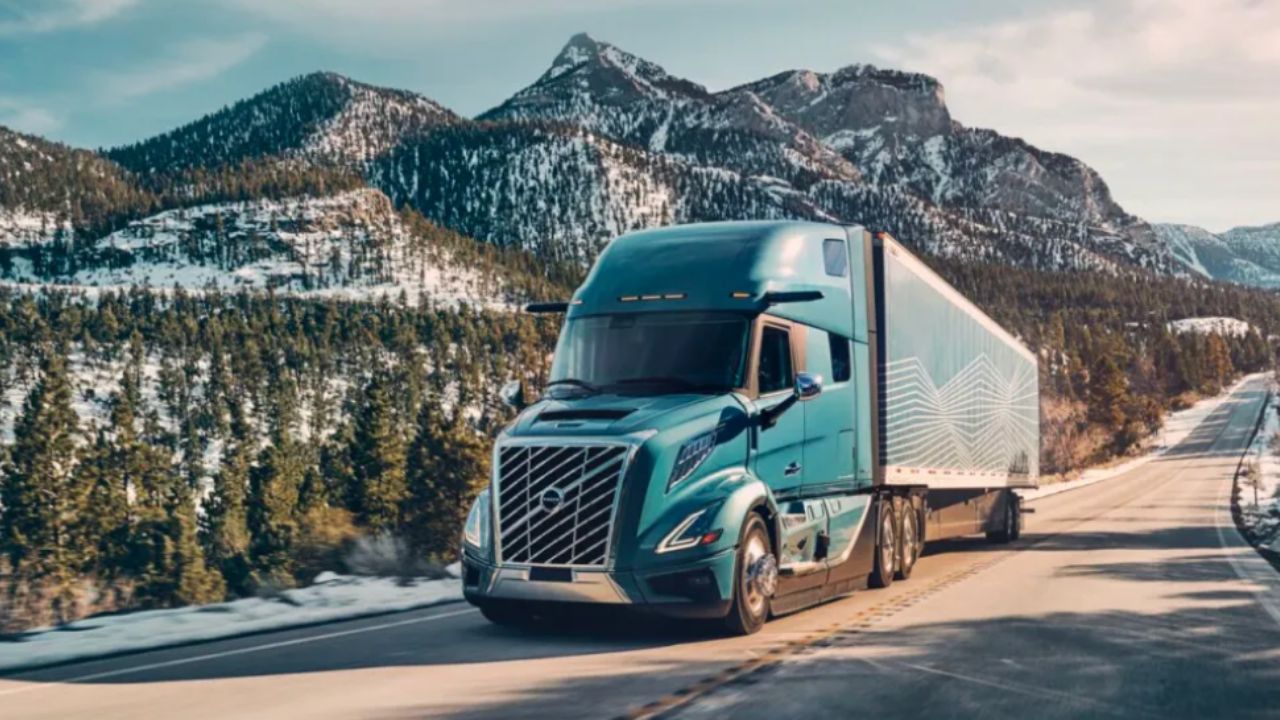
Credit: Volvo
TESLA SEMI’S IMPRESSIVE PERFORMANCE ON ICE MARKS ANOTHER MAJOR TRIUMPH
Volvo and Aurora push toward commercialization
The reveal of the Volvo VNL Autonomous truck comes as both companies continue to push toward their stated goal of commercializing self-driving trucks by the end of 2024. Volvo initially plans to carry freight between Dallas and Houston using Class 8 trucks in autonomous mode with a safety driver behind the wheel.
Getting to commercialization is existential for Volvo and Aurora — two of the last autonomous trucking companies standing. Last year, Waymo Via put the brakes on its self-driving trucking program, and TuSimple recently left the U.S. market in favor of expanding in Asia. Aurora has not been immune to the high capital costs of developing and then launching commercial autonomous trucks either. In January, the company laid off 3% of its workforce in order to trim costs in advance of its commercial launch.
Consolidation in the AV industry has meant Aurora has fewer rivals. Einride, Torc, and Kodiak Robotics, which revealed its own purpose-built self-driving big rig, are among the few that remain.
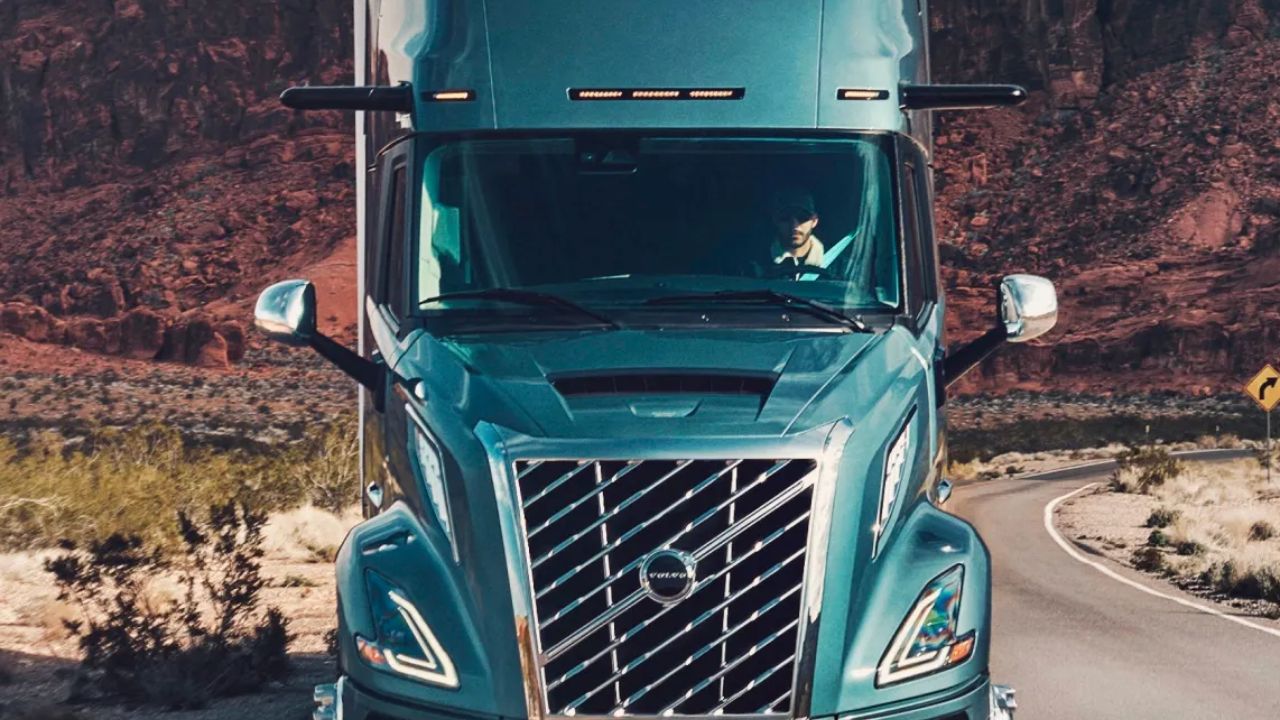
Credit: Volvo
Aurora’s commercialization strategy
The Volvo partnership, which the companies first inked in March 2021, is one part of Aurora’s commercialization strategy. Aurora has launched pilot programs with logistics companies FedEx, Ryder, Schneider, and Uber Freight.
In January, Aurora and automotive supplier Continental closed the first phase of a more than $300 million project to mass-produce autonomous vehicle hardware for commercial self-driving trucks. The two companies finalized the design and system architecture for an AV hardware kit and the blueprint for a secondary computer that can take over operations if a failure occurs. The Continental hardware kit won’t be in Aurora trucks until 2027, but the Volvo VNL will still be packed with safety features, the company says.
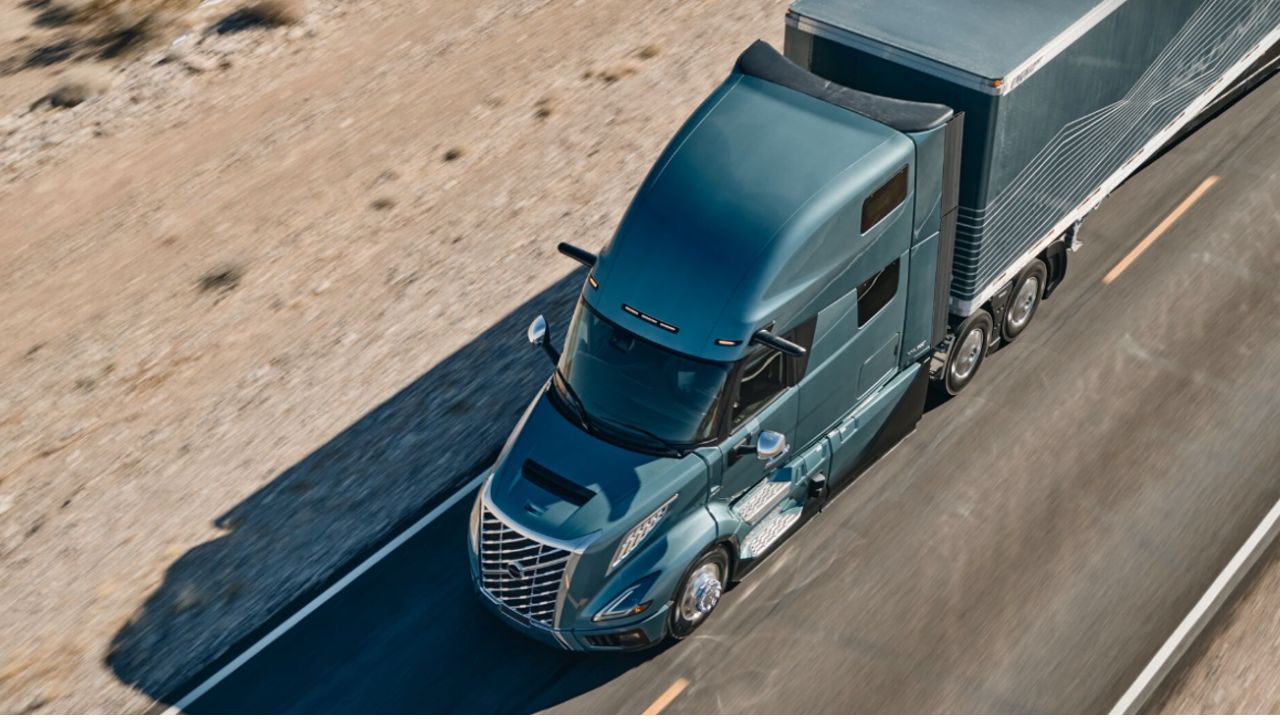
Credit: Volvo
Public acceptance is key
So whether you’re ready or not, self-driving semi-trucks look poised to hit America’s highways sooner than you think. The real questions are: Will the public’s safety concerns be alleviated? Will autonomous big rigs really make our roads safer and more efficient, as proponents claim? Overcoming consumer skepticism about sharing roads with robotic, driverless trucks is likely to be a major hurdle. Building public trust in the technology’s safety and reliability will be crucial for wider acceptance and adoption.
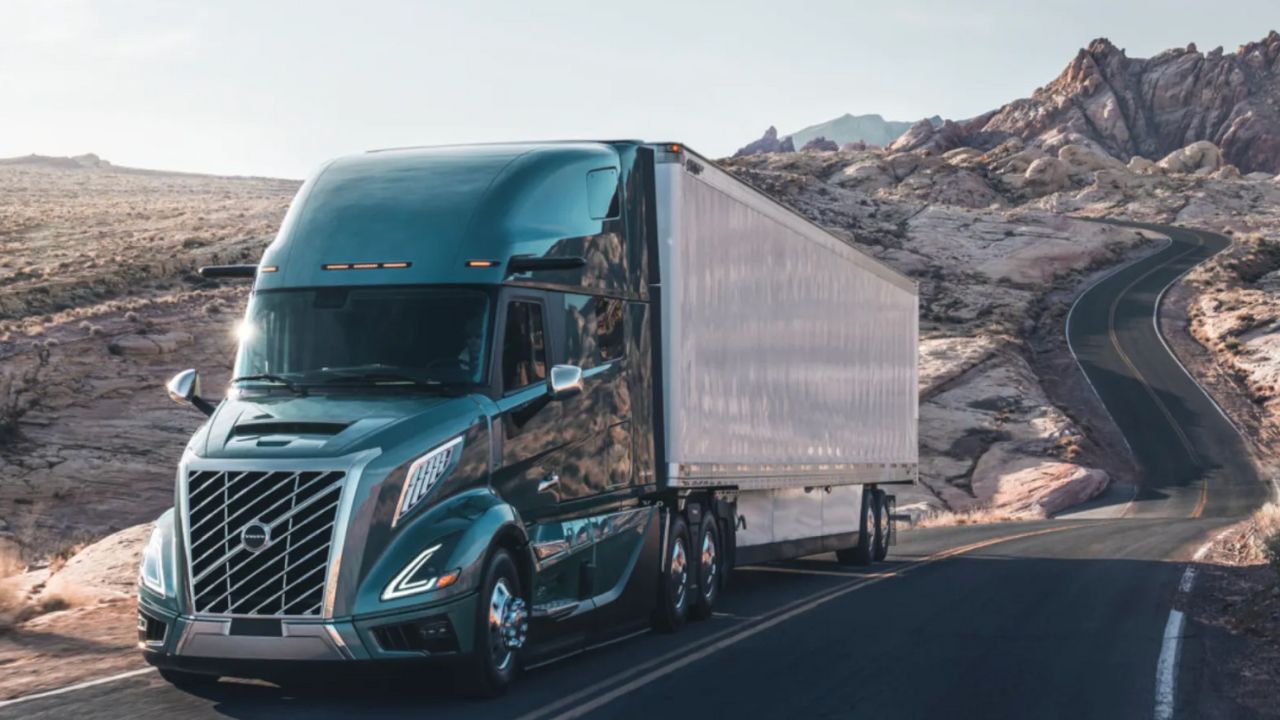
Credit: Volvo
Kurt’s key takeaways
The unveiling of the Volvo VNL Autonomous truck marks a significant milestone in the path toward commercializing self-driving trucks. With its redundant safety systems and cutting-edge autonomous driving capabilities, this truck could pave the way for a future where autonomous hauling becomes a reality on highways across the United States – if it can overcome the public’s very real safety concerns first.
How would you feel about sharing the highway with fully autonomous 18-wheeler trucks that have no human driver behind the wheel? Let us know in the comments below.
TO GET MORE OF MY SECURITY ALERTS, SUBSCRIBE TO MY FREE CYBERGUY REPORT NEWSLETTER



4 comments
Would I be OK if Volvo VNL Autonomous trucks are sharing the road I’m on? Short Answer- Bring it on!
Rationale: I drive I95 & I75 here in FL regularly and it’s evident that logistics companies are having problems getting competent CDL drivers; From discourteous road manners to downright dangerous maneuvers, automating the driver’s role is ultimately going to make our roads safer along with stabilizing freight transportation costs over the long term.
The only way to refine the technology will involve real-world transit scenarios with each incident providing the data needed to prevent recurrence; In example, here in the US, the NTSB has been the driving factor in making airlines the safest mode of travel per passenger mile compared to any other modality.
Yes, many pages of the reports containing the corrective measures were written in blood, but results confirm the global flying public now enjoys peace of mind as never before; My confidence is high that the professionals that staff their “Go Teams” will continue to be as effective on the ground as they are in the air.
And so shall it be for the inevitable future of commercial surface transportation.
only with human driver on board always
Enter the giveaway by signing up for my free newsletter.
I’m all for it if it helps end the “turtle races” that the human drivers create.
Enter the giveaway by signing up for my free newsletter.
When all passenger aircraft are completely flown without a pilot on board , I’ll consider autonomous trucks on the highways. If an autonomous truck is in a fatal accident who is going to be responsible ? What happens if the electronics goes bad or shorts out ? Can the truck adapt to all kinds of loads, all kinds of trailers, all kinds of traffic, all kinds of weather? Will it be able to stop in time if it comes around a blind curve and there is an accident blocking the road? How about going down a mountain grade at night on ice in the fog ? In over 54 years driving tractor – trailer combinations with all kinds of cargo in all those conditions and then some, I don’t believe autonomous trucks can safely handle it. True, most of the so called truck drivers today are nothing more than stupid steering wheel holders. Autonomous trucks are made by humans. Humans make mistakes. No one is perfect . There will be accidents. There will be loss of life and injuries . Who will pay the price ? Although humans are flawed, I’d rather have a human behind the wheel.